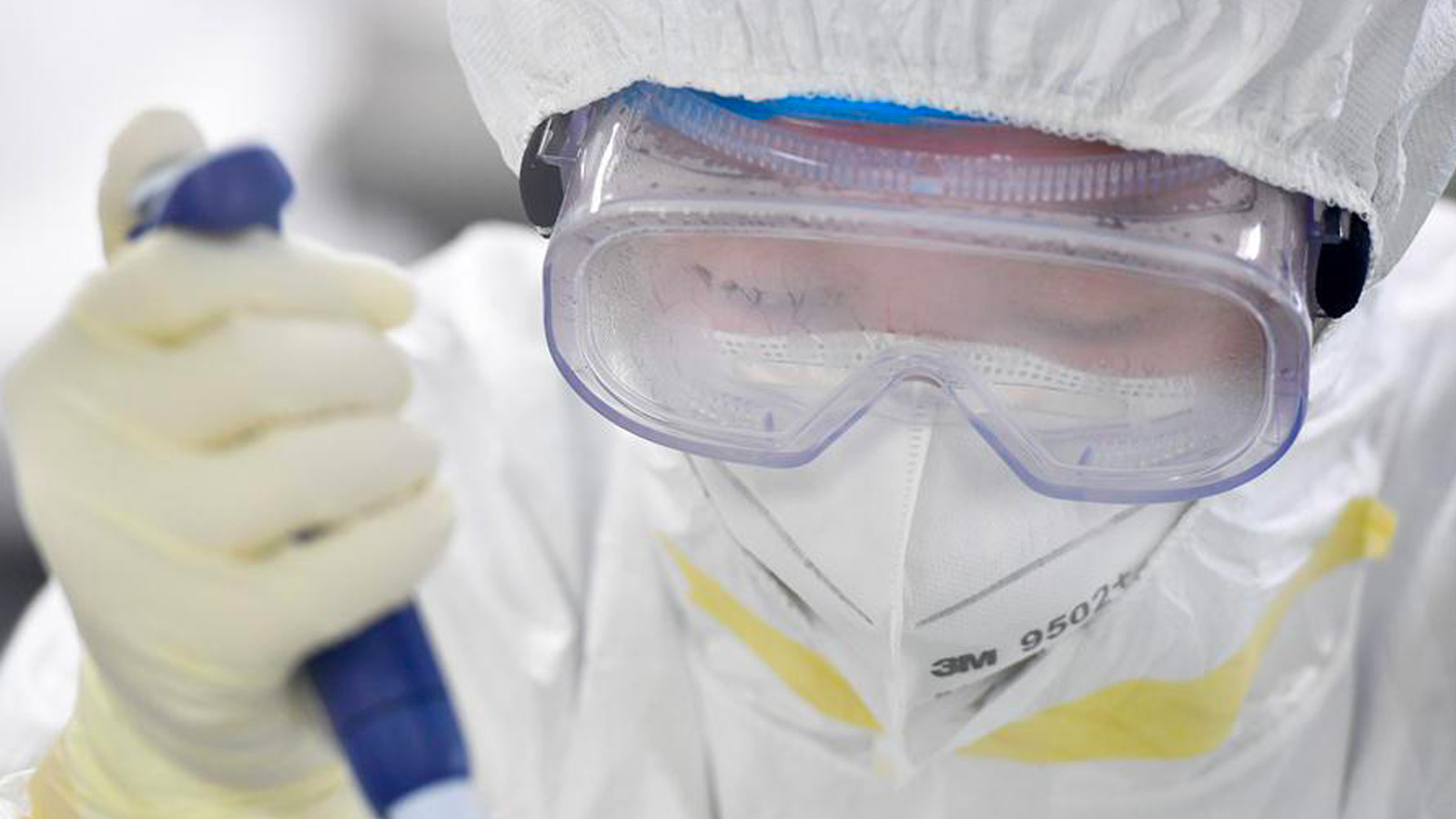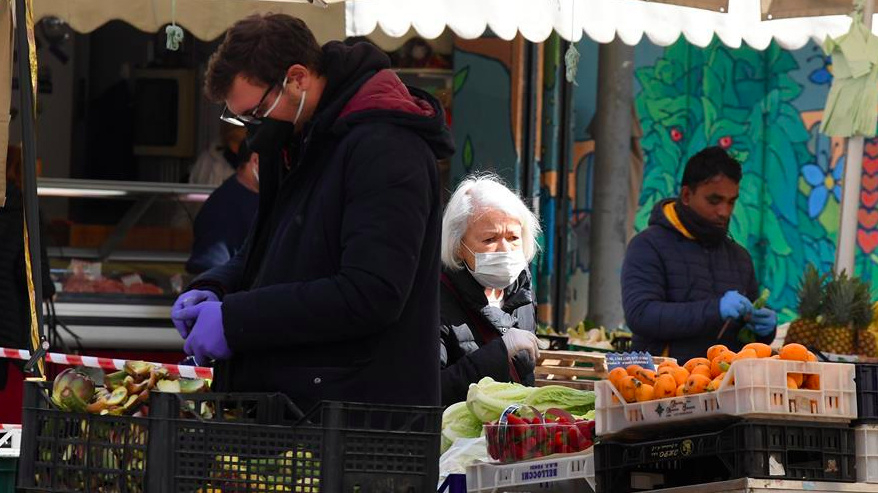
With COVID-19 going globally, more concern has also grown about how to deal with the epidemic. As a threat to the whole world, the only path out can only be international cooperation.
That's what over 165 leaders from over 70 countries have done recently. They sent an urgent letter to the governments of the G20 asking for global cooperation. "We are writing to call for immediate internationally coordinated action – within the next few days – to address our deepening global health and economic crises from COVID-19."
This call is of high importance, especially in a time when some countries are becoming more closed off and nationalistic. Amid the growing nationalism, governments are closing borders and competing for supplies, disrupting supply chains and trade.
And while U.S. President Donald Trump cycles through targets to blame, some European countries are trying to bar their export. What's worse, the lack of necessary equipment, such as ventilators and masks, slows down the fight against the virus.
In this urgent moment, international cooperation is the only right choice. First, countries should cooperate in health measures. That means making production and distribution global, using global supply chains as effectively as possible, and optimizing resources and equipment delivery to the countries and regions that need it the most.

People wearing face masks shop for food at a market in Rome, Italy, April 2, 2020. /Xinhua
People wearing face masks shop for food at a market in Rome, Italy, April 2, 2020. /Xinhua
"If we do nothing as the disease spreads in poorer African, Asian, and Latin American cities and townships and in fragile communities which have little testing equipment, ventilators, and medical supplies; and where social distancing and even washing hands are difficult to achieve, COVID-19 will persist there and re-emerge to hit the rest of the world with further rounds that will prolong the crisis," highlighted the letter.
And this is also what China is doing. After controlling the epidemic in its own country, China has now devoted itself to helping other countries. It has been donating scarce equipment, such as masks to the U.S., Europe and Africa. However, much more needs to be done and more countries should participate in the global supply chains.
What's more, for offsetting the negative influences of the COVID-19 on the economy, there is urgent need for international cooperation to figure out global economy measures. According to the UN Department of Economic and Social Affairs, the world economy could shrink by almost one percent in 2020 owing to the coronavirus pandemic, much lower than the previous forecast of 2.5 percent growth.
And other unstable factors, such as the prolonged China-U.S. trade frictions, the Brexit negotiation, make the economy prospect much gloomier.
Although countries have tried their best to cheer up the economy, global economic measures are needed in face of a global economic problem. For preventing a liquidity crisis turning into a solvency crisis, and a global recession becoming a global depression, "better coordinated fiscal, monetary, central bank, and anti-protectionist initiatives are needed. The ambitious fiscal stimuli of some countries will be all-the-more effective if more strongly complemented by all countries in a position to do so," the letter emphasized.
Indeed, COVID-19 is huge challenge for all countries, both in public health and economy. It is not the time for countries to blame each other, shrug off their responsibilities and invoke nationalism. It's time for international cooperation.
(If you want to contribute and have specific expertise, please contact us at opinions@cgtn.com.)